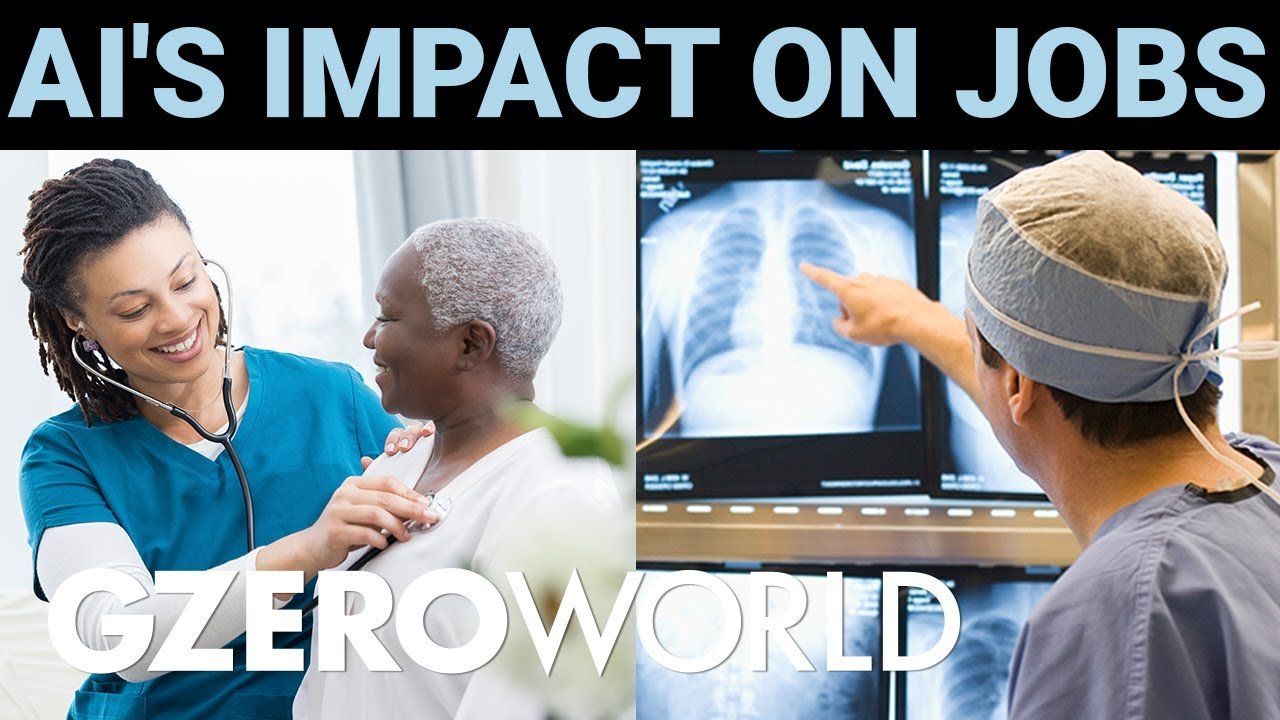GZERO World Clips
Larry Summers: Which jobs will AI replace?

Larry Summers: Which jobs will AI replace? | GZERO World

Which jobs are most at risk of being replaced by AI? GZERO World caught up with former US Secretary of Treasury Larry Summers about how technological advances in artificial intelligence could change the labor market. The transformation, he says, could come slowly, then all at once.
“I suspect there's going to be less impact than many people fear in most sectors over the next three years,” Summers tells Ian Bremmer in the interview, “and more impact over the next 10 or 15 years.”
AI will affect some jobs more than others, Summers predicts. For example, AI will likely change the role of doctors, who diagnose people based on large amounts of data before it impacts the jobs of nurses, who provide daily medical care and human compassion. A personal touch is still hard to replace.
More broadly, Summers believes that "traditional hierarchies and ways of thinking" face profound change. And that’s what could make some influential groups nervous. Because AI is likely to affect people who have access to power before regular workers. It’s even probable, he tells Bremmer, that we’ll see “restrictionist and protectionist policies that limit our ability to benefit from these technologies or slow down [their development].”
Watch all of Summers' interview in the upcoming episode of GZERO World with Ian Bremmer, airing on public television across the US - check local listings.
As expected, the Supreme Court struck down the bulk of Donald Trump's sweeping “Liberation Day” tariffs as illegal … and almost nothing changed.
Chris, an Army veteran, started his Walmart journey over 25 years ago as an hourly associate. Today, he manages a Distribution Center and serves as a mentor, helping others navigate their own paths to success. At Walmart, associates have the opportunity to take advantage of the pathways, perks, and pay that come with the job — with or without a college degree. In fact, more than 75% of Walmart management started as hourly associates. Learn more about how over 130,000 associates were promoted into roles of greater responsibility and higher pay in FY25.
Somewhere in the Donbas region, Ukrainian soldier Artem Bondarenko says he hasn’t slept through the night in months as he defends Eastern Ukraine.
In the latest episode of Vladimir Putin and Xi Jinping's hit wellness podcast This Authoritarian Life, we learn how positive communication patterns can break negative cycles in our relationships -- especially our relationships with Iran, Syria, Venezuela, and Cuba. #PUPPETREGIME